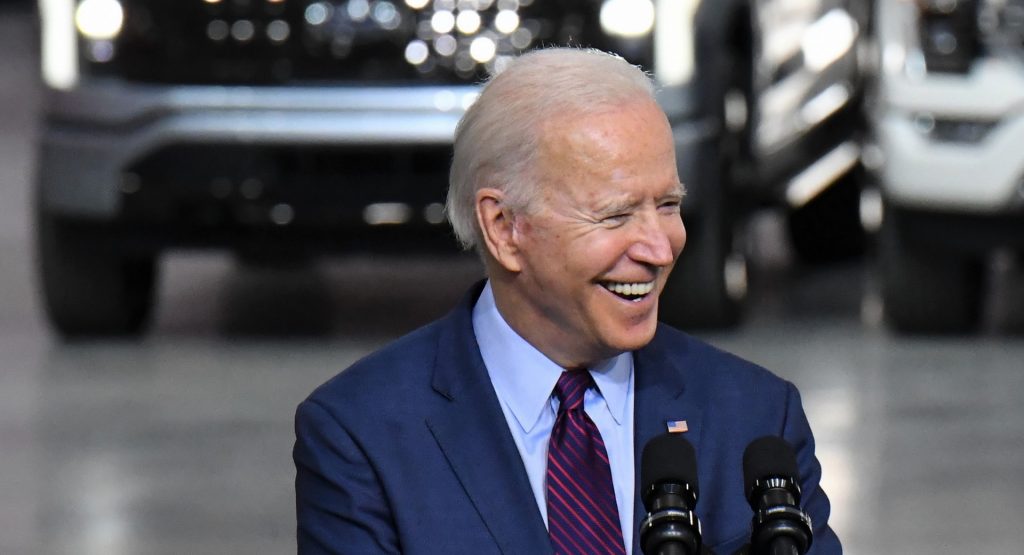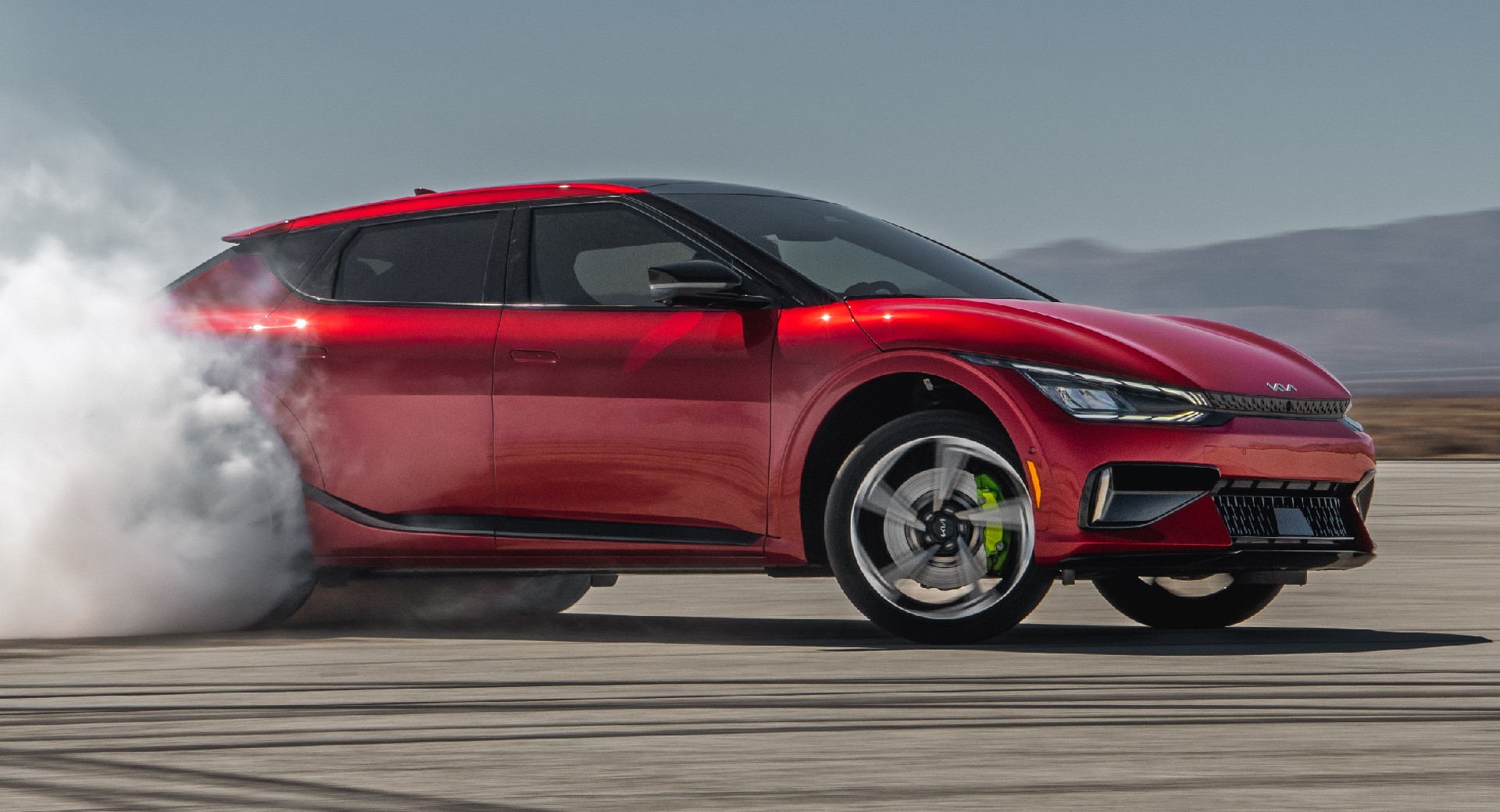President Joe Biden is open to continuing talks with South Korean leaders who have expressed concerns about how the Inflation Reduction Act makes their EVs ineligible for federal tax incentives.
For electric vehicles to be eligible for tax credits under the new laws, they don’t only need to be assembled in North America but their battery packs also need to be assembled locally and the battery materials used also need to be sourced directly or from countries the U.S. has a free trade agreement with. Popular Hyundai and Kia models manufactured exclusively in South Korea do not meet these eligibility requirements.
Biden recently provided his assurances to South Korean president Yoon Suk-yeol after the leader asked for help from the U.S. leader to allay his concerns.
Read Also: Hyundai Could Get Federal EV Tax Credits Thanks To New Bill From Georgia Senator
“We assess that President Biden reaffirmed his understanding of our concerns through a personally signed letter… it shows Biden’s willingness to be considerate towards South Korean companies in the future,” a South Korean official told Reuters.
This news comes just after U.S. Senator Reverend Raphael Warnock from Georgia introduced a new bill, dubbed The Affordable Electric Vehicles for America Act, that aims to introduce a phase-in period for EV sourcing and manufacturing requirements stipulated in the Inflation Reduction Act. The Senator’s bill wants to delay the battery provisions until 2025 and manufacturing requirements to 2026.
Georgia is particularly keen to see South Korean car manufacturers eligible for the tax credits as Hyundai has committed to building a $5 billion electric vehicle plant in the state, although it is not expected to be operational until 2025.
Officials from South Korea have been particularly vocal in their opposition to the Inflation Reduction Act as it would mean no current EVs from Hyundai or Kia would be eligible for tax incentives.





